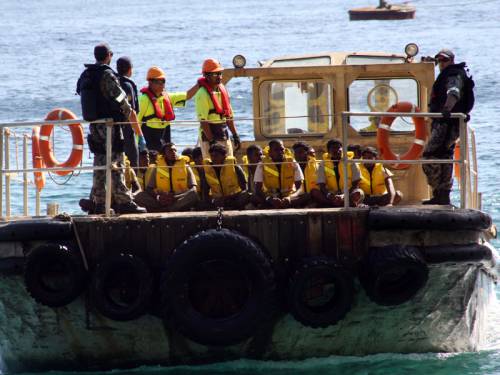This is a guest piece by Iman Salim Ali Farrar, the young Muslim lady who is the 2015 YMCA NSW Youth Parliament Premier. I'm honoured to have her poignant contribution to the blog.
I was fortunate enough to be elected by the youth delegates as Youth Premier of Queensland in 2008 and it fantastic to see Iman in a similar position this year in NSW. Chyeah!
There comes a point in the hub-bub of everyday politics when the discussion on real issues which face our vast communities seems to give way to disjointed partisanship and strong-arm showmanship. Thus, this shows a neglect of the voices which often need to be heard most. Certainly, the lack of balanced and nuanced debate surrounding such issues by our nation’s leaders has heightened deep visions, sensationalized trivialities and disenfranchised many, particularly the young, from mechanisms of political institutions.
Now, it is with great humility and respect that I was provided with the opportunity to lead this year’s NSW YMCA Youth Parliament as the NSW Youth Premier for 2015. The Youth MPs I had the pleasure of working with are some of the most intelligent, outspoken, talented and politically active people I know; I could not be more honoured, and I thank them sincerely for entrusting me to lead them.
Throughout my life, I have lived across four continents and five different countries; I have traveled and I have been immersed in several different cultures, however, due to this, I was never able to fully settle and develop any deep attachment to call anywhere home. I will not deny that this gave me a realisation beyond what I was exposed to in my home and local area – it showed me the different governing systems, the different values and the inherently different lifestyles that came with that. It developed the value that I now have for the many cultures of the world, but I have never felt more at home then I do here in Sydney, Australia. I may have a British accent, I may not have been born here, but my Australian identity is as strong as anyone else’s. I am a migrant, in fact, besides the indigenous, we are all migrants to Australia, and we have all adopted this place as our home. When you see me, you wouldn’t guess that I am half English, and half Malaysian, that I speak 3 languages and can read and write in another two which I do not understand, and that I am a very, very passionate young woman who will not stand to be discriminated against, especially based on my identity as a Muslim or a woman. I may not look or fit any stereotype of anything that you may have in your mind – but against all the odds; of both a society often fearful of Islam and of a society that does not value the opinions of the youth nearly as much as they should, I am still proud to call Australia my home.
I preach for diversity. For it to be fully accepted in society, in managerial positions, in educational standards, and in State and Federal Parliament, and for it to not be a point of discrimination. I believe that it is about time that our Parliament reflects the diverse and multicultural nature of our population. I preach for diversity to be realised, for our true multicultural society to reflect on this notion of diversity, and for our youth and broader society to have their say on matters that affect them, on issues that they have the ability to put forward resolutions for. As a woman, it fills me with great joy to see that 60% of the participants in this year’s NSW Youth Parliament are women. It is even more impressive that out of the Government Executive in the Legislative Assembly, 4 out of 5 of the executive positions are filled by some of the most inspirational young women I have met in my life who have such drive and passion for positive change in our society. Not only are we challenging the statusquo represented in current state and federal parliament through closing the gap of women in powerful positions, but we also encompass the multicultural nature of New South Wales that we have all come to embrace.
Through grassroots’ apolitical forums such as YMCA NSW Youth Parliament, the voices of this State’s young leaders are allowed to cut through much of the clutter and put into creating legislation and open debate regarding the issues facing their own communities as well as broader society. I believe that it is pivotal to acknowledge that this is not a matter of small significance. Rather, the Youth Parliament program kindles that political awareness and superb quality integral to the next generation of our states’ leaders – ensuring the future burns even brighter than the past.
And who said we, the youth, don’t have a voice?
It is simply a matter of being heard.
--
This is a guest piece by Iman Salim Ali Farrar, the young Muslim lady who is the current 2015 YMCA NSW Youth Parliament Premier. I'm honoured to have her contribution to the blog and stoked to see more and more young Muslim women doing awesome things and leading with compassion, integrity and vision.




 Ladies and Gents, occasionally we have to use the tools the system has given us to agitate some change. That time may be now...
Ladies and Gents, occasionally we have to use the tools the system has given us to agitate some change. That time may be now...
